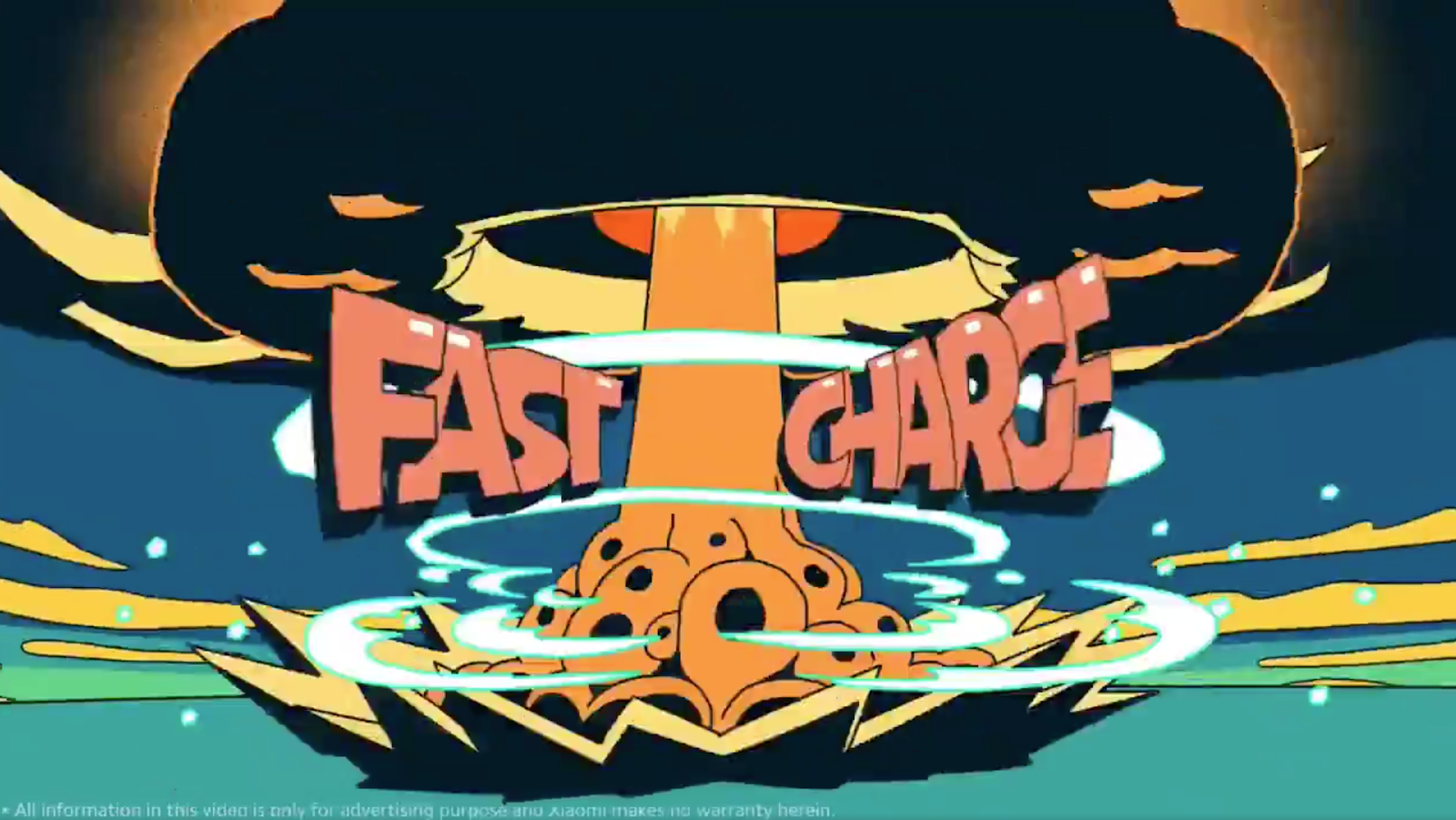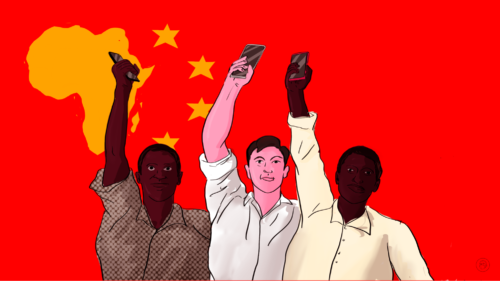Xiaomi apologizes for video featuring references to atomic bombings of Nagasaki
China’s Xiaomi, the world's fourth-largest smartphone maker, apologized on May 6 after receiving criticism that an online advertisement for the company’s new products was culturally offensive to Japanese customers.

China’s Xiaomi, the world’s fourth-largest smartphone maker, apologized on May 6 after receiving criticism that an online advertisement for the company’s new products was culturally offensive to Japanese customers.
The ad in question, which was posted on the company’s official YouTube channel on May 5, is a two-minute video created to showcase a series of new features of Xiaomi’s Redmi Note 9 series. In order to highlight the new smartphone’s fast-charging capabilities, the clip shows a man turning into a “fat man” balloon after eating sushi. It then floats in the sky, with a photo of Tokyo’s Asakusa as the background, before exploding into a mushroom cloud.



The backlash was swift on social media, with hundreds of critics, mostly Japanese consumers, condemning the video as culturally insensitive and offensive. As they pointed out, the visual elements used in the controversial video were in apparent reference to the 1945 nuclear attack on Nagasaki, which instantly killed at least 40,000 people. “Fat Man” was the code name for the atomic bomb that was detonated over the city.
“Xiaomi is racist, anti-Japan, anti-Japanese corporation. We Japanese will never ever buy or trust Xiaomi. Disgusting corp,” a Japanese Twitter user wrote with hashtags #BoycottChina and #BoycottXiaomi.
The angry reactions prompted Xiaomi to pull the video today. Meanwhile, @XiaomiJapan, the company’s Japanese Twitter account, issued a statement (in Japanese) apologizing for the “inappropriate” content and pledging to be more cautious in the future.
On Chinese social media, however, Xiaomi’s apology was deemed unnecessary by a large number of people who see Japan as a hostile force that needs to be punished for its war crimes in World War II. “Japanese leaders never apologized for honoring war dead at Yasukuni Shrine. Why should we consider Japanese people’s feelings given what their ancestors did to us?” a Weibo user wrote (in Chinese). Another commented, “I don’t understand why some Japanese people were offended. Everything happens for a reason, including the bombing. It’s a joke to me that they felt wronged after all that happened.”
China and Japan have a history punctuated by major conflict and strife, including the eight-year Second Sino-Japanese War, during which the Japanese Imperial Army committed mass murder and rape in Nanjing. The historical animosity between the two countries has been nurtured and encouraged by endless broadcasting of war films on TV, and frequent reminders in Chinese history textbooks. So it’s not surprising that many Chinese people view their neighbor with disdain and hostility.
There are others who openly adore Japanese culture and make light of the historical tensions; They have created a subculture called jingri (精日 jīngrì) and could face criminal penalties in extreme cases.






